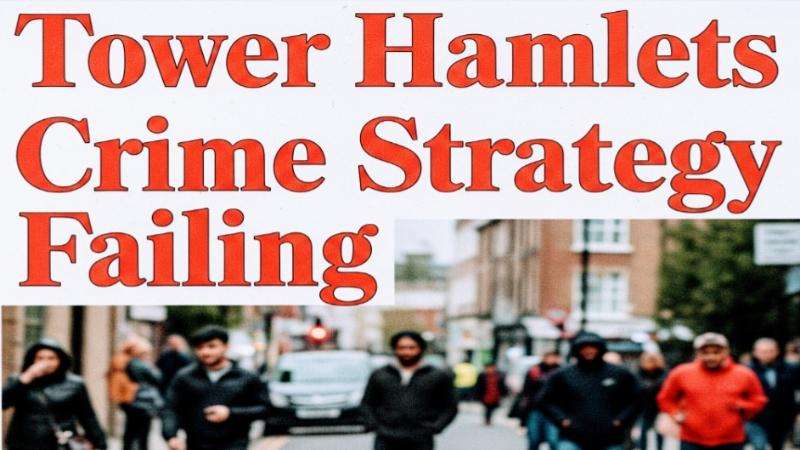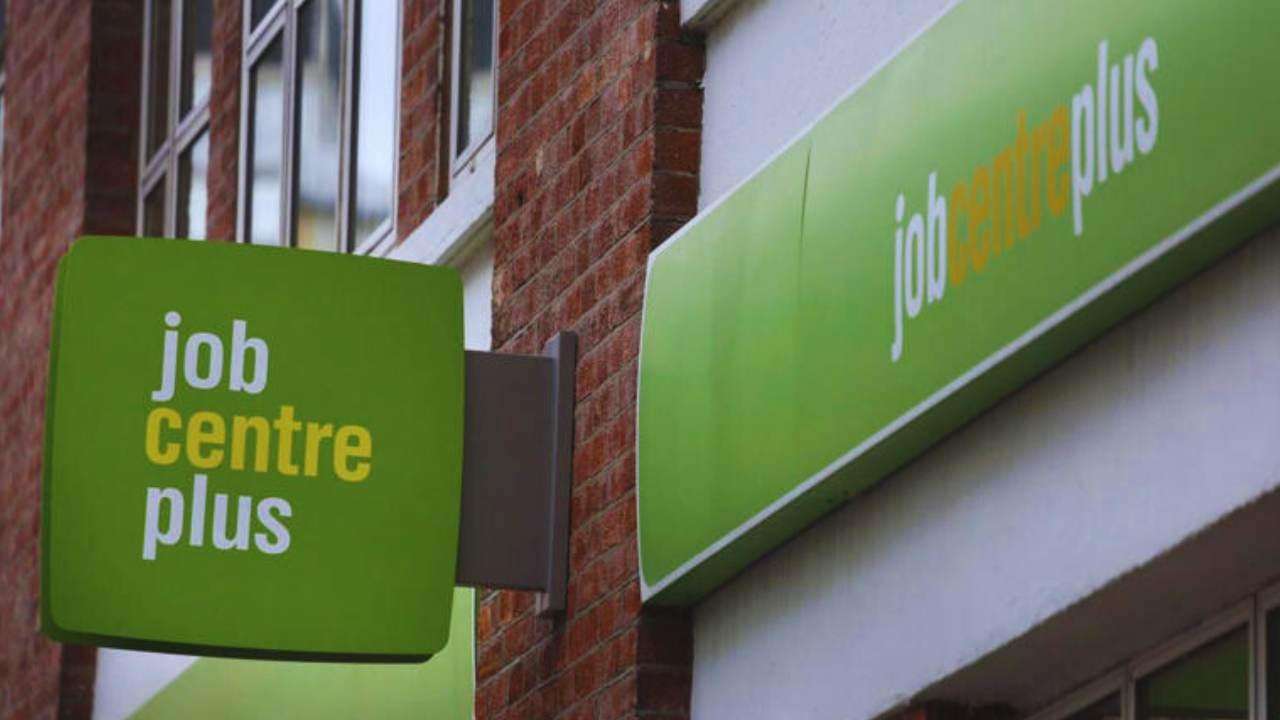Two Men Fatally Stabbed in Latest Violence; Council Faces Scrutiny Over "Safest Borough" Claims Amidst Escalating Knife Crime
Tower Hamlets is once again in the grip of a devastating knife crime emergency. The borough has been shattered by two new murder investigations launched in the past week following fatal stabbings. These tragic incidents are casting a chilling shadow, intensifying fears among residents and prompting urgent questions about the effectiveness of Tower Hamlets Council's significant financial investment in crime prevention, particularly given the Mayor's past assurances of making the borough the "safest."
Two Lives Cut Short in Latest Violence
The Metropolitan Police are currently pursuing two separate murder inquiries, both stemming from recent fatal stabbings in Tower Hamlets.
In the first incident, a 38-year-old man, whose identity has not yet been formally released, was tragically killed. Grieving family members have described him as a "loving uncle," his death sending shockwaves through the local community. The precise location and date of this incident remain under wraps as detectives work diligently to establish the full circumstances.
Just days later, a second murder investigation was launched after another man succumbed to stab wounds following a violent altercation in the borough. Details of this incident, including the victim's identity and the exact location, are also being withheld by police during the early stages of their inquiry. The close proximity of these two recent fatalities has intensified anxieties among residents and reignited urgent calls for more robust and effective strategies to tackle the escalating knife crime crisis. Authorities are appealing for anyone with information related to either of these recent deaths to come forward.
A Litany of Recent Killings
These latest tragedies add to a distressing pattern of fatal stabbings that have plagued Tower Hamlets and its immediate vicinity in recent months. Just weeks prior, British Bangladeshi Layek Miah, 27, was charged with the murder of his own mother in Hackney Wick. Before that, two men were jailed for the murder of Abdul Jalloh, 23, who was fatally stabbed in his car last August. And in a case that shocked the entire community, Hope Rowe, 33, was recently sentenced to life imprisonment for the brutal murder of Charlotte Lawlor, 31, at a child's birthday party in Stepney Green. This string of fatalities underscores the deeply troubling prevalence of knife violence.
Council's Ambitious Spending Under the Microscope
Mayor Lutfur Rahman has consistently championed the council's commitment to public safety, announcing in February 2025 a comprehensive £8 million investment into community safety from 2022 to 2026. He has claimed this commitment makes Tower Hamlets' investment "more than any other London borough."
The council's strategy, the "Anti Crime Task Force," focuses heavily on visible on-street presence and technological upgrades. This includes nearly tripling the number of Tower Hamlets Enforcement Officers (THEOs) to 54, with plans for a further 10, to conduct patrols and address antisocial behaviour. In 2024, THEOs reportedly patrolled for a combined 29,500 hours and issued over 2,300 fines. Over £3 million has also been poured into upgrading the borough's CCTV network, including a substantial £895,000 upgrade to the control room, and the council funds 26 additional police officers. Furthermore, nearly £1 million of the Combating Drugs Partnership budget is allocated to a new THEO drugs task force.
The Disconnect: Investment vs. Lived Experience
Despite these substantial financial commitments and operational expansions, the continuing wave of fatal stabbings casts a critical light on whether these measures are effectively stemming the tide of violence. While the Mayor states that "every crime is a crime too many," the reality for many residents remains one of heightened fear. Recent Met Police data, up to June 2025, indicates that Tower Hamlets recorded its highest number of offences in a month this year, with 3,343 cases, up 7.6% from May. Violent and sexual offences, the most common crimes, saw an 8% increase in 2023 compared to 2022, with robbery, burglary, and knife crime reportedly rising by 23%, 5%, and 13% respectively in the past year.
The effectiveness of enforcement-led strategies has also faced scrutiny. A Freedom of Information request in 2024 revealed that of 250 drug-related referrals made by THEOs to specialist substance misuse teams, only an estimated 24 people (9.6%) actually entered treatment, raising questions about the long-term impact on drug-related crime.This borough is home to the largest British-Bangladeshi community in the UK, a community now gripped by profound alarm. Yet, a challenging truth remains: when tragedy strikes within the confines of a home, what real power do police or the council possess to intervene?
Community's Plea for Deeper Solutions
The escalating violence continues to exact a heavy toll on Tower Hamlets' diverse communities. While the police do not routinely release ethnicity details of victims or suspects unless crucial to an investigation, the name of Layek Miah, charged in the Hackney Wick case, aligns with names common within the British Bangladeshi community that forms a significant portion of Tower Hamlets' population.
Local residents, including those from the British Bangladeshi community, frequently express deep concerns about drug dealing and knife crime. The stark gap between the council's ambitious spending claims and the continuing reality of violent crime demands a thorough re-evaluation of strategies. Community leaders are reiterating urgent calls for a more comprehensive approach, combining robust enforcement with significant investment in preventative measures and youth programmes, to truly address the root causes of serious violence and make Tower Hamlets a safer place forall its residents.
_3.jpg)


_4.jpg)
_6.jpg)



.svg)



